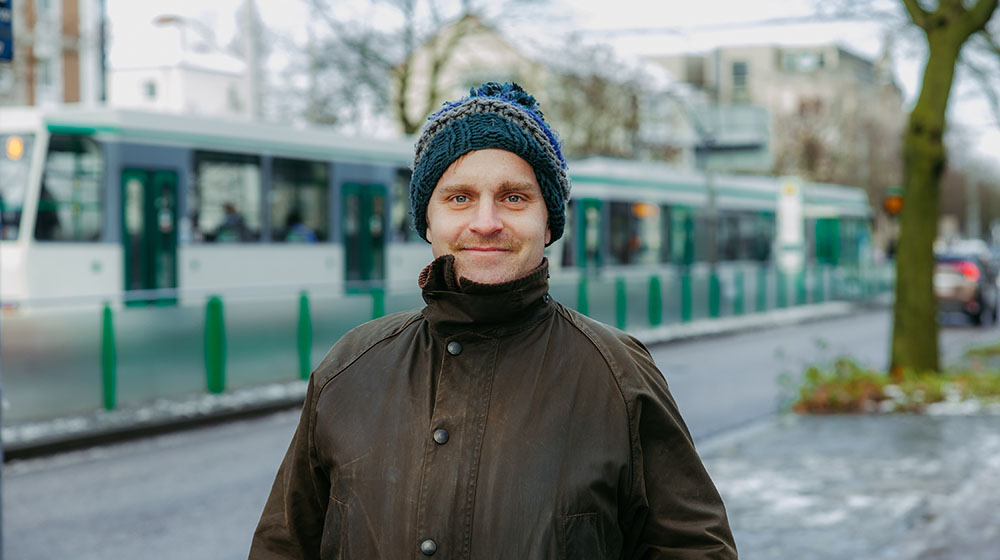
At a time when new mobility is becoming increasingly important, the Intelligent Mobility Space (IMR) research network at the University of Magdeburg is setting new standards for Saxony-Anhalt. "We are working closely with partners such as NASA GmbH to jointly develop solutions and ideas that will enable us to generate both national and international funding," says Dr. Leander Kauschke. The topics range from automated driving and digital twins to solutions for innovation policy. Kauschke's task is to coordinate these various topics and develop concrete ideas for implementation. Following start-up funding from the state, the IMR network is now supported by various third-party funds from the federal government and the EU. A recent example of success is the "Strahlkraft" project, which received one of the coveted grants in the federal "Zukunft Region" competition.
Here, the IMR is pursuing the goal of making industrial estates in the region easily accessible and therefore more attractive for skilled workers. The aim is to give more people, especially those from more remote rural areas, access to value creation. "The idea for the project came from the region, as our partner, the Ostfalen Technology Park in Barleben, for example, has very poor transport links," explains Dr. Leander Kauschke, coordinator of the IMR at the University of Magdeburg. The solution could lie in the use of new mobility services such as automated shuttles, digitally bookable on-demand transport or company-organized ride-sharing platforms. “With the strategic establishment of further large companies, we see a fundamental need to equip business parks throughout Germany with advanced mobility solutions. These should then be able to learn from the Barleben “Strahlkraft” concept right from the start.”
Tuan Nguyen is studying integrated design engineering at the University of Magdeburg and is currently writing his master's thesis at BMW in Leipzig. Immediately afterwards, he will implement the “Strahlkraft” project operationally until the end of 2026. He brings personal experience to the table. As a working student at the company Horiba, he experienced for himself how challenging the commute to the Ostfalen Technology Park can be. “My goal is to improve the quality of life of people in the region through new mobility solutions,” he says. He wants to make mobility in both urban and rural areas sustainable and efficient. Tuan sees particularly great potential in so-called ridesharing concepts, where people can share journeys via digital services and even earn money in the process. These not only offer economic benefits, but also encourage different communities to grow together. “If people derive added value from solutions for a lack of mobility, then they will use them - acceptance is a big issue here,” he emphasizes.
With its approach, the “Strahlkraft” project aims to create a win-win-win situation for people, the economy and the environment. The mobility solutions developed are then to be implemented in the Ostfalen Technology Park in 2027. If the researchers' approach is successful, many other business parks in Germany will hopefully follow Saxony-Anhalt's example.
